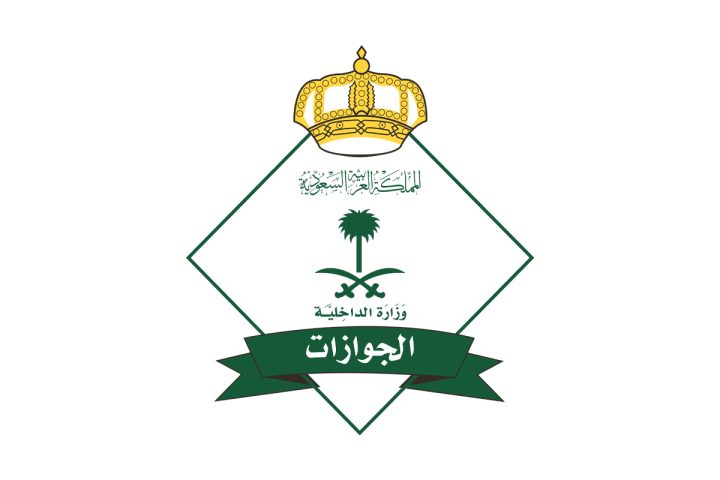Exploring religious questions and their answers is one of the most effective ways to enhance Islamic knowledge, strengthen a Muslim’s connection to faith, and expand understanding of various aspects of belief, worship, history, and the Prophet’s biography.
Such questions are not just a test of information; they encourage reflection, research, and contemplation while offering an interactive and engaging way to strengthen religious awareness.
The Diversity of Religious Questions
Religious questions can cover a wide range of topics, including:
The Holy Qur’an: Its 114 chapters, the first revealed verse “Read in the name of your Lord who created”, the last revealed verse “And fear the Day when you will be returned to Allah”, the virtues of reciting Al-Fatiha, and the Qur’anic lessons on patience and piety.
Prophetic Sunnah: Hadiths encouraging noble character, such as “I was sent to perfect good morals,” stories about the Prophet’s companions, and lessons from the Prophet’s life in patience, perseverance, and good dealings.
Acts of Worship: The conditions of prayer, the pillars and virtues of fasting, the significance of zakat in purifying wealth and soul, and the importance of Hajj as the fifth pillar of Islam.
Creed (Aqeedah): The six pillars of faith — belief in Allah, His angels, His books, His messengers, the Last Day, and divine decree both good and bad — as well as the centrality of monotheism and the vital role of piety.
Islamic History: The battles of Badr, Uhud, and the Trench, the Conquest of Makkah as a defining moment, and the just leadership of the Rightly Guided Caliphs who expanded Islam with wisdom and compassion.
Educational and Social Benefits
The importance of religious questions goes beyond theoretical knowledge, serving multiple purposes:
Ramadan competitions in mosques and schools to inspire healthy competition.
Family gatherings as a fun way to share information and strengthen family ties.
Educational curricula as supplementary resources for students learning about Islam.
Personal development by encouraging continuous learning through tafsir, hadith, and seerah.
Impact on Individuals and Society
Engaging with religious questions and answers fosters deeper faith and awareness, instilling values of compassion, tolerance, and humility.
It equips Muslims with the knowledge to apply Islam’s teachings in daily life, respond wisely to doubts or challenges, and spread the message of Islam with wisdom and kindness.

















